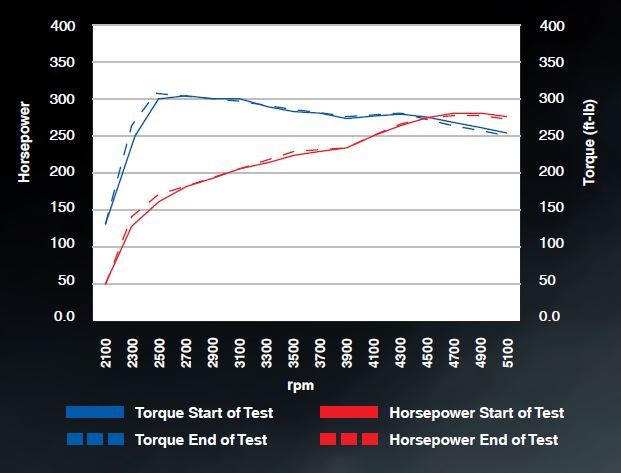Why Did We Reformulate Signature Series Synthetic Motor Oil? Local Sioux Falls note: We are reposing this article from last fall as it is important to realize the changes coming and how these enhancements will only add to the performance on older vehicles too. AMSOIL’s Signature Series likely already exceeds the future API specification which […]
You are browsing archives for
Tag: maintenance
A DIY Car Repair, or a Job for an Expert...
A DIY Car Repair, or a Job for an Expert? Five Questions to Ask Before Doing It Yourself John Baker|Feb 03, 2017 11:39 AM Guest post by retired ASE master technician Mark Gittelman. It happens to the best of us: We take on a car repair only to find out the hard way […]
Latest Synthetic Oil Filter material vs ...
Synthetic Oil Filters vs Regular (Cellulous) Oil Filters Ed Newman | Jul 26, 2017 8:51 AM Early automobile engines didn’t use oil filters, or air filters for that matter. For this reason frequent oil changes were a must. Motor oil quality wasn’t really that important in those days, anyway. It was the discarded by-product of […]
Remember This When Trying to Find Which ...
Remember This When Trying to Find Which Transmission Fluid You Need John Baker|Jun 26, 2017 8:43 AM Take a look at just a few of the dozens of automatic transmission fluid (ATF) specifications on the market: ATF+4 Mercon V Mercon LV Dexron VI ATF DW-1 ATF T-IV SP-IV Toyota ATF-WS Honda DW (ZF Diamond SP-IV […]


